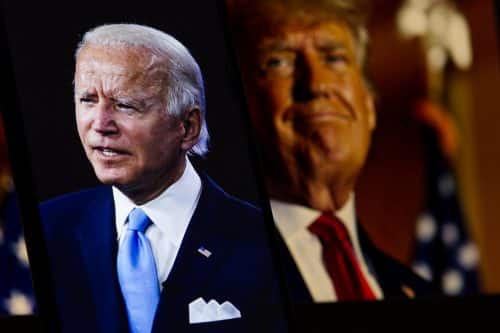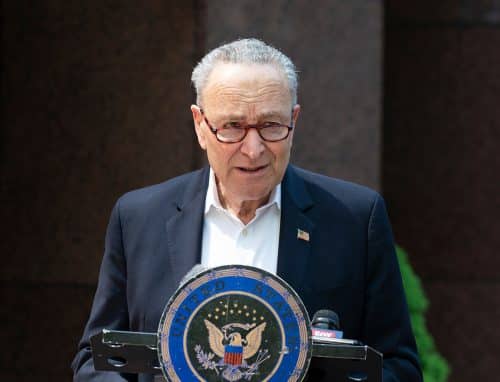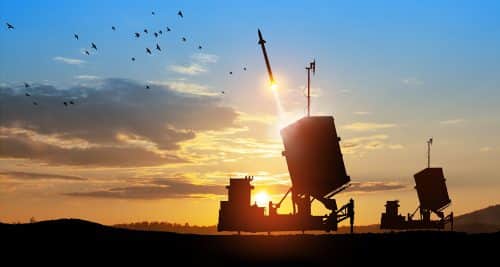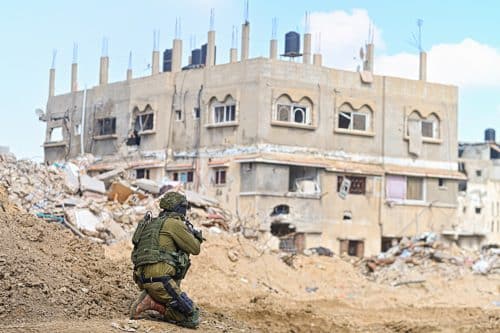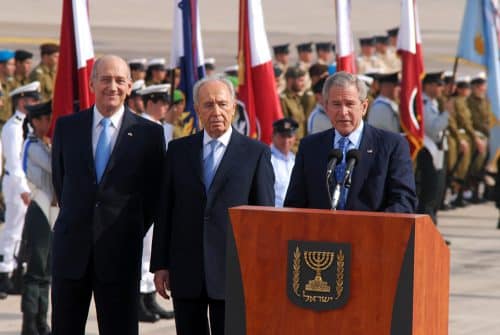In July 2016, a farmer from the town of Metula went out to work in his orchard near the Lebanese border. He noticed something odd in the fields, and it turned out to be a package of explosives left in concealment by Hezbollah to be picked up for a terrorist cell inside Israel. That incident is a clear example of the role farmers play in preserving secure borders. However, the farmers’ role in national security comes to the fore not only in such unusual incidents but also in their very presence at the border.
This view of farmers — as a vital link in the country’s security deployment — is nothing new. It characterized the pioneer communities of Labor Zionism even before the founding of the modern State of Israel, and Joseph Trumpeldor’s words are well remembered: “Where the Jewish plow digs its farthest furrow, there our border will lie.” For a look at the current situation from the farmers’ perspective, we spoke with Uri Dorman, chairman of the Farmers’ Federation of Israel, which is at work around the clock assisting the farmers near Gaza who were severely harmed in the hostilities that started on October 7.
“Agriculture is what protects the country’s borders”
Uri Dorman is certainly aware of how important the Israeli farmer’s presence is to the effort of preventing hostile incursions. “In times of peace, the farmers stand in for the army,” Uri puts it. And he explains: “It’s not that agriculture takes the place of tanks, but at times when tanks aren’t needed, the borders are under the farmers’ protection.”
In practical terms, how does agriculture protect the borders?
One part of a farmer’s responsibility is protecting the land, so that a vacuum won’t be left that allows mischief there — not just terrorist incursions, but criminal activity as well. Since the founding of the modern state here, there’s been synergy between farmers and security forces in the border areas. It’s not without reason that just now, on October 7, the attack targeted not only military bases but also agricultural communities along the border. They’re an integral part of the defense against Gaza.
And is that synergy at work today between farmers and security forces?
I’m sorry to say it isn’t. I was just at a meeting of farmers from near Gaza. Those farmers haven’t tended their crops for two weeks now. Their fields are out of reach. They need to go beg the tax authorities for an advance on the compensation that they’ll have coming. Right now they can’t pay the grocer for their daily bread. The farmers who lived there, hard by the Gazan border, who were part of our security deployment, went out to work on the understanding that if they suffered significant damage, someone would compensate them. I think that the farmers of Israel have lost faith, and restoring that faith will require a big investment of effort.
What damage are the farmers reporting, for the most part?
First of all, it’s not only near Gaza. There are farmers at the Lebanese border too who can’t reach their fields. In the north, it’s mostly orchards and chicken coops. Right now, for example, the apple harvest should be under way. And what about the chickens? What happens to them? Near the Gazan border, lots of chickens died because they were out of reach. In the north, there are farmers risking their lives to go collect eggs and see that their chickens have food and water, all for the sake of maintaining a supply of Israeli eggs to Israeli homes. But the main problem, as I see it, isn’t the direct damage from the war. It’s the indirect effects,
What kinds of indirect damage do you mean?
For a fire in the fields, or a greenhouse hit by a rocket, there’s compensation. The problem is unprofitability. There are areas where the fields aren’t always accessible, and now that there’s a severe shortage of laborers — who in normal times are mostly foreign workers and Palestinians — the labor-intensive tasks like harvesting can’t get done. The main problem is that compensation is relative to distance from the border. According to regulations, there’s compensation for direct and indirect damage up to 7 kilometers from the southern border and 9 kilometers in the north. If your fields are more than 7 or 9 kilometers from the border, you have no guarantee. The war today is severely damaging farms even 20 or 25 kilometers from the border. The government isn’t providing a clear response for those farmers.
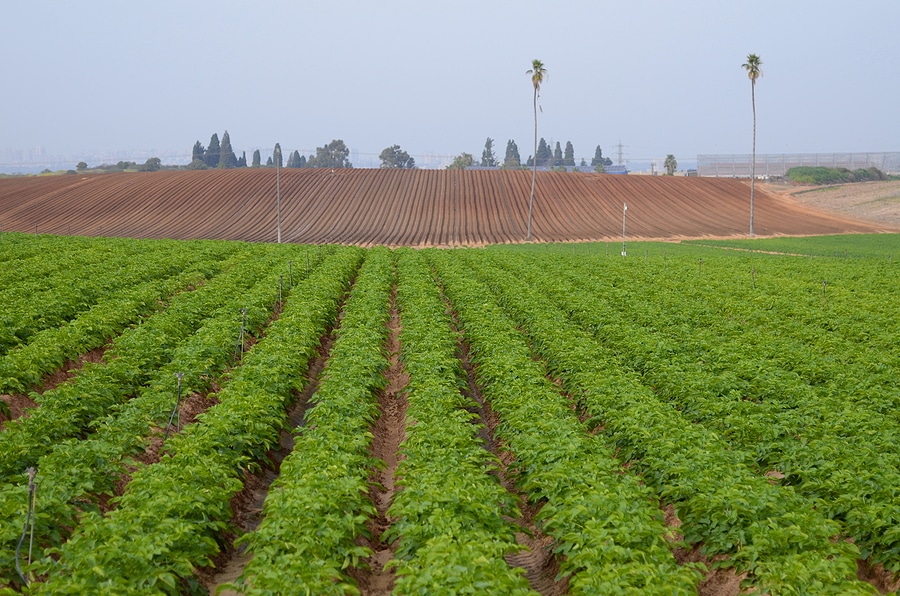
Not only border security. Also food security for Israel.
Another war issue that worries Dorman is food security for the country. A very large portion of the vegetables that we eat in Israel come from near Gaza, including an estimated 70 percent of the tomatoes as well as significant percentages of the potatoes and sweet potatoes, carrots, aubergines, and peppers. When the farmers near Gaza can’t work, says Dorman, Israel’s food security is harmed.
Can’t imports cover the shortfall?
The notion that globalization makes reliance on local production unnecessary is another assumption that’s collapsing before our eyes. Tomorrow morning Turkey or Jordan, which apparently we’re relying on heavily for vegetables, may say “We’re through.” And there are other examples. So Israel needs to recalculate its route where the citizens’ food security is concerned, and not base its food economy on the concept of free markets and globalization without quotas and without protection for local produce.
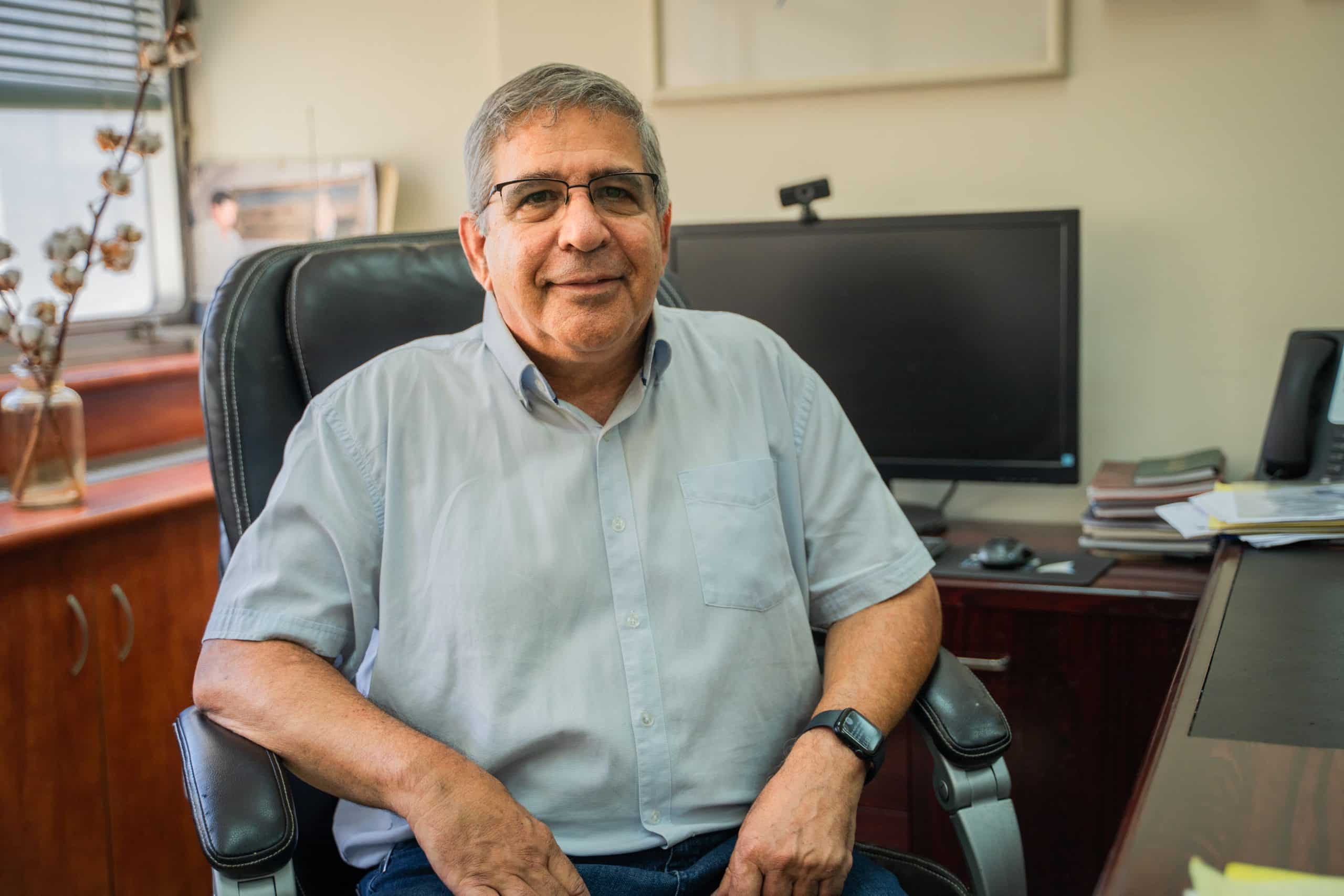
The free marketplace is supposed to reduce the cost of living. Wasn’t that a primary concern before October 7?
Well, we’ve seen that the promises didn’t come true where the cost of living is concerned. Two players were harmed by the reduction in tariffs: the consumers, who haven’t found the imported goods cheaper, and the farmers, who haven’t received a better price for their crops. The ones whose pockets are swelling are the middlemen. For example, the tariff on imported garlic dropped to zero all at once. Today all the garlic in Israel is Chinese, and no one here grows garlic since then. But the consumer is paying the same price as before.
So maybe it would be best to keep reducing tariffs but compensate the farmers?
Avigdor Liberman, when he was Finance Minister, planned to reduce tariffs on imported fruits and vegetables in five phases, balanced by direct support to the farmers. What’s happened so far is two phases of tariff cuts and not a shekel of support for the farmers.
But where agriculture is concerned, the controversy over how to reduce the cost of living can wait until after the war. What’s urgent now is the need to compensate the farmers who can’t work their fields in the north and south. Clearly agriculture and food security go hand in hand, and the farmers’ trust in the government needs to be restored. And fast.
